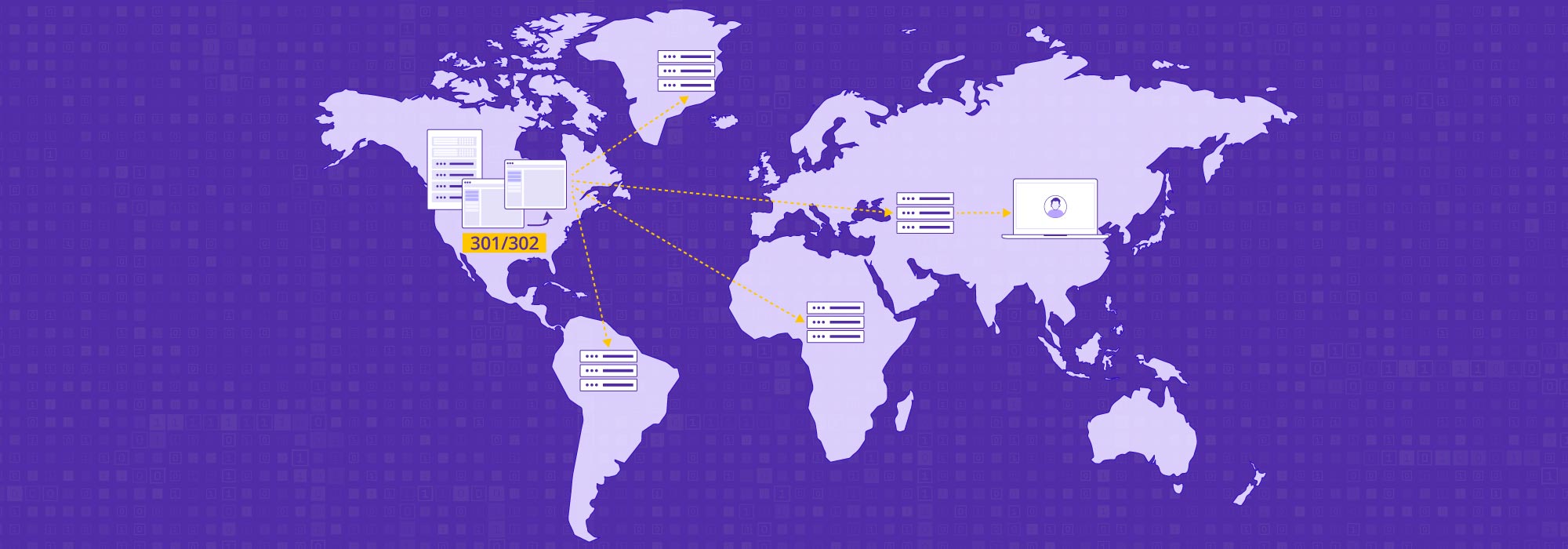The opportunities in emerging markets are exponential. In fact, even Walmart has expanded its stake in Chinese eCommerce giant, JD.com, from 5.9% to 12.1% in just seven months. With many companies expanding globally to increase revenue and market share, a growing number of mission-critical business applications and processes are being moved to the Internet. These applications and pieces of dynamic content must be delivered from a centralized infrastructure to users around the world. In order to maintain productivity and a positive user-experience, however, application response time has to meet expectations.
CDNetworks is one of the only CDNs with the technology to enable your business to become competitive in new markets while solving your buyers’ frustrations by providing for you a global network of specialized server clusters. EDGES allow users to access the network and then customer’s applications are made available through SHIELDS. With the global DNS redirection and IP address-mapping system transparently directing users to customer applications, CDNetworks is able to reduce response time while increasing application availability, utilizing a high-performance transport protocol across the middle mile.
Due to the highly personalized and ever-changing nature of modern day applications and sites, you cannot cache dynamic content on the edge server closest to the end user, as you would accelerate non-dynamic content. Most CDNs simply pass dynamic content through their network. This does not accelerate the content. In order to maintain quality user-experience, performance, and time sensitive exchanges of information, it is important to have a solution that actually optimizes your dynamic application and commerce sites.
Everyone has heard the statistic that a 1-second delay in page response can result in a 7% reduction in conversions. But it’s not only the eCommerce industry that is affected by web performance. After poor online experiences, 88% of visitors are less likely to return to a website, 78% went to a competitor’s site, 47% left with a negative perception of the company, and 42% discussed it either with friends or online.


